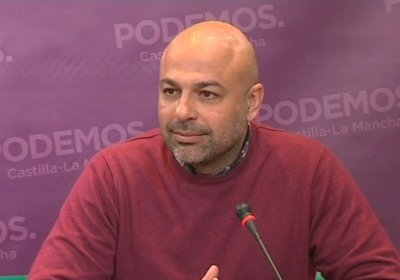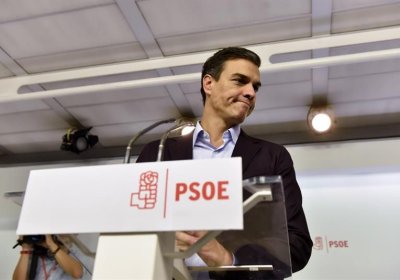At the June 8 ceremonial handing over of portfolio briefcases from outgoing conservative People’s Party (PP) ministers to their incoming Spanish Socialist Workers’ Party (PSOE) replacements, the contrasts were dramatic.
A bunch of reactionary lifetime political operators and religious obscurantists were replaced by what new Prime Minister Pedro Sánchez boasted was the “progressive”, “feminist” and “Europeanist” alternative.






 All media outlets in the Spanish state were dominated by the images of two men on March 1: one was leaving jail near the northern city of Logrono to the cheers of inmates he was leaving behind; the other was trying to convince the Spanish parliament in Madrid to vote him in as prime minister.
All media outlets in the Spanish state were dominated by the images of two men on March 1: one was leaving jail near the northern city of Logrono to the cheers of inmates he was leaving behind; the other was trying to convince the Spanish parliament in Madrid to vote him in as prime minister.